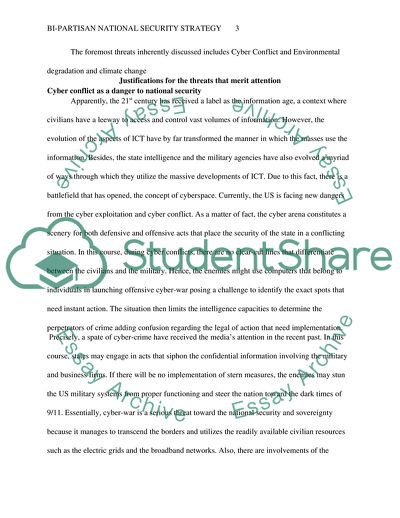Cite this document
(Bi-Partisan National Security Strategy Coursework Example | Topics and Well Written Essays - 3250 words, n.d.)
Bi-Partisan National Security Strategy Coursework Example | Topics and Well Written Essays - 3250 words. https://studentshare.org/politics/1878944-special-project
Bi-Partisan National Security Strategy Coursework Example | Topics and Well Written Essays - 3250 words. https://studentshare.org/politics/1878944-special-project
(Bi-Partisan National Security Strategy Coursework Example | Topics and Well Written Essays - 3250 Words)
Bi-Partisan National Security Strategy Coursework Example | Topics and Well Written Essays - 3250 Words. https://studentshare.org/politics/1878944-special-project.
Bi-Partisan National Security Strategy Coursework Example | Topics and Well Written Essays - 3250 Words. https://studentshare.org/politics/1878944-special-project.
“Bi-Partisan National Security Strategy Coursework Example | Topics and Well Written Essays - 3250 Words”. https://studentshare.org/politics/1878944-special-project.


